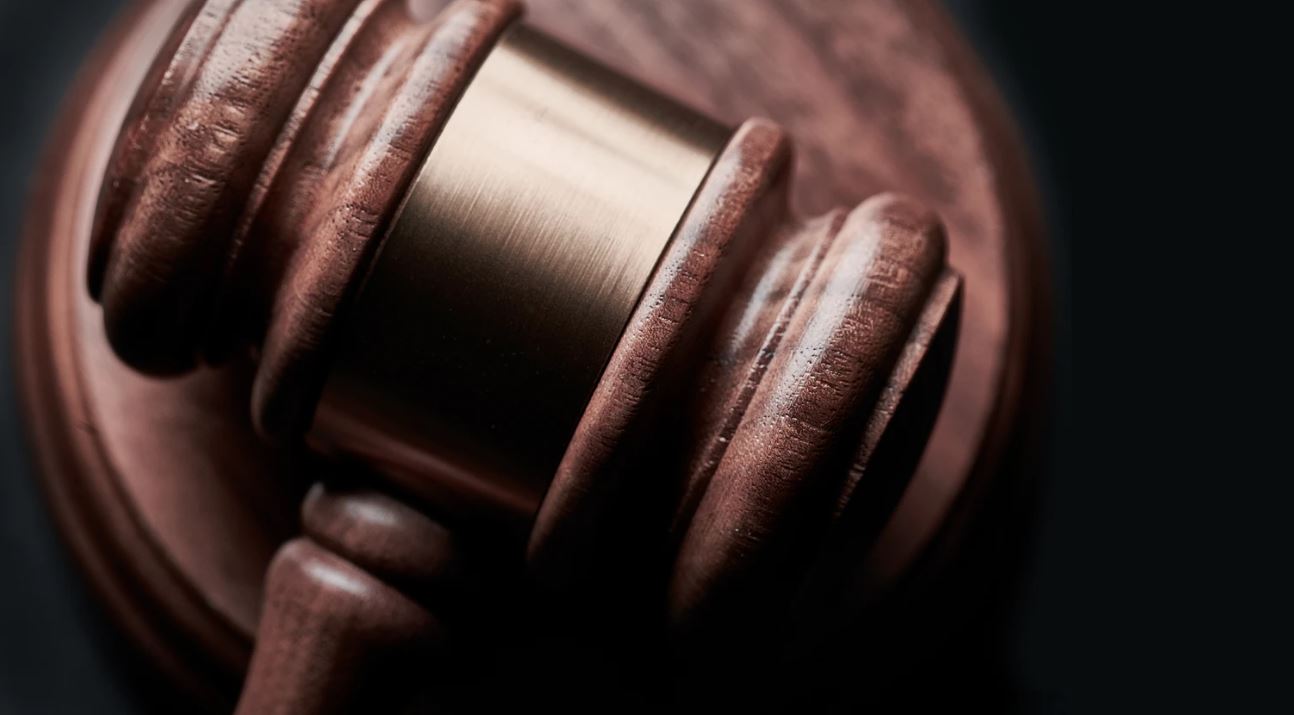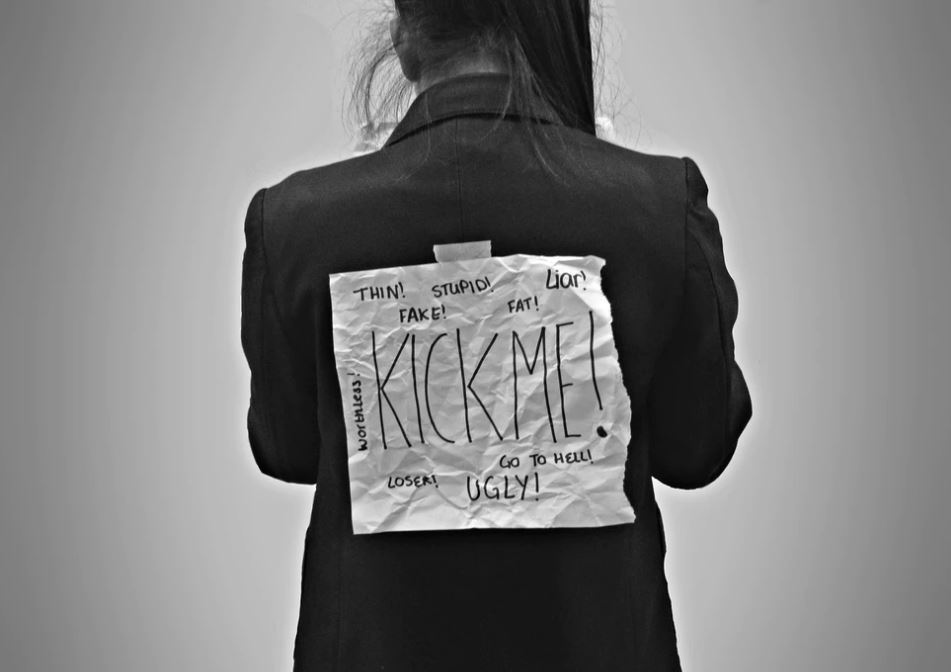It happens. Kids get into trouble. They fall in with the wrong crowd, act rashly, and make bad decisions. However, minors have responsibilities like anyone else, and not following the law can end up leading to a criminal record.
When parents get that dreaded phone call – if or the police show up at their door – they may not know very much about the youth criminal justice system or what they should do. Among their questions will be: “Can minors be charged with assault?”
When your child has been charged with a crime, including assault, our Surrey lawyers are here to help you and defend the rights of your child.
Youth Criminal Justice Act
The youth criminal justice system is governed by the federal law, which is covered by the Youth Criminal Justice Act. The Act is designed to protect the rights of youths and those of the public. Its purpose is to show young offenders that there is a consequence when they break the law, and that they need to be responsible for their actions.
The Act applies to minors in the age range of 12 to 17. Children under 12 cannot be charged for any crime, and people 18 and older are considered adults and will go to adult court.
The justice system is fully aware that a minor is not mature, which is why they must appear at Youth Court if they are arrested and charged. The Youth Criminal Justice Act outlines that minors should receive lesser sentences than adults, sometimes even just a warning. That said, it is still possible to get a youth criminal record from almost any criminal charge.
A great form of protection for any minor is to have an assault lawyer on their side.
Not only should anyone charged with a crime get advice and representation, it can be crucial to save them and their families a good deal of trouble. Lawyers understand a number of key elements better than a lay person, including the:
- Charges
- Potential defences
- Choice of cooperating or making a statement to the police
- Consequences of pleading guilty or not guilty
- Possibility of serving a sentence
In the case that a minor is arrested without their parents or guardian’s knowledge, the police are obligated to inform them of the arrest. Should a youth go to court without legal representation, there will be duty counsel, a lawyer paid by the government, to assist the youth with that particular court appearance.
If you want a lawyer to review the charges against you and properly advise you though, you’ll need to retain a lawyer.
Reasons for Assault
Roughhousing and fights at school were once seen as part of growing up, but not anymore. Whether it’s at school or at home with the family, youth are often more prone to impulsive or emotional reactions that may ultimately result in a charge of assault.
Within the Family
Family-related crimes involving assault may result from the victim, other family members, or even the youth themselves calling the police. When a youth faces crimes against a family member, they may be prevented from returning to the home due to a bail order to protect the victim.
Without a lawyer, it can be difficult to vary this bail order to allow a youth to return home, even if everyone in the family wants the youth to return home.
At School
Juvenile assault cases often start at school. On-site authorities are obligated to call the police and the Ministry of Children and Family to investigate the circumstances. If a school official possesses information about the minor or the situation, they are also obligated to get involved. While assault can happen on school grounds, it can often become a criminal matter.
Depending on the criminal charge, it is at the police’s discretion to release the minor, so they may prepare for their appearance in court. In more serious cases the minor will be brought to court, and if they make bail, the youth will almost always be given a condition of release which orders that they must not have any direct or indirect contact with the victim.
This can mean that the juvenile is not permitted to return to school, which can lead to a number of negative consequences. A lawyer can negotiate these terms to prevent the juvenile from falling behind in their studies or having their school year spiral out of control.
Bullying
A minor may cause harm related to a bullying situation. Even the victim of bullying may be the one facing charges for retaliating physically, depending on the case. Unless it is a case where self-defence was deemed necessary and proportional, the minor could face charges.
However, the minor’s motivations and any information about the situation, including abusive communication via social media, emails, and texts, should be provided to the minor’s criminal defence lawyer.
Lawyers can use that information to potentially get the charges dropped or mitigate any sentence imposed by a judge.
Self-Defence
The Criminal Code of Canada allows for citizens to use self-defence as a way to protect their person and their property. However, there are grey areas, so each case is thoroughly examined by the court to ensure that the victim did not act inappropriately in the situation, but used reasonable force.
Charges and Punishments Minors Can Face
A youth may face additional charges along with assault. For example, spoken or written threats often precede assault, so the police will inquire about them when they investigate the circumstances. They will ask for threatening statements, but bear in mind that this does not solely mean death threats. Threatening statements involve the threat of any type of violence or damage to a person or property. If threats were made online, the police will take screenshots and treat them as evidence.
A youth found guilty by a court of law may be given a sentence that involves one or more of the following punishments:
- Fines
- Jail time
- Probation
- A criminal record
- Community service
- Anger management classes
A youth criminal record is different from an adult criminal record, but still carries a stigma with it and has a significant impact on a young person’s life, potentially preventing them from getting a job or travelling abroad.
It’s vital that you call a lawyer experienced in criminal law to help you deal with your child’s charges and represent them in court.
Seek Legal Representation Today
If your child is between 12 and 17 years and facing charges, Jaswal & Krueger are here to protect and fight for their rights. We understand that this is a stressful and frightening time for both of you, but rest assured that we are with you every step of the way. Our team will help your family gain the best outcome for your child.
Contact a Jaswal & Krueger lawyer as soon as possible!















